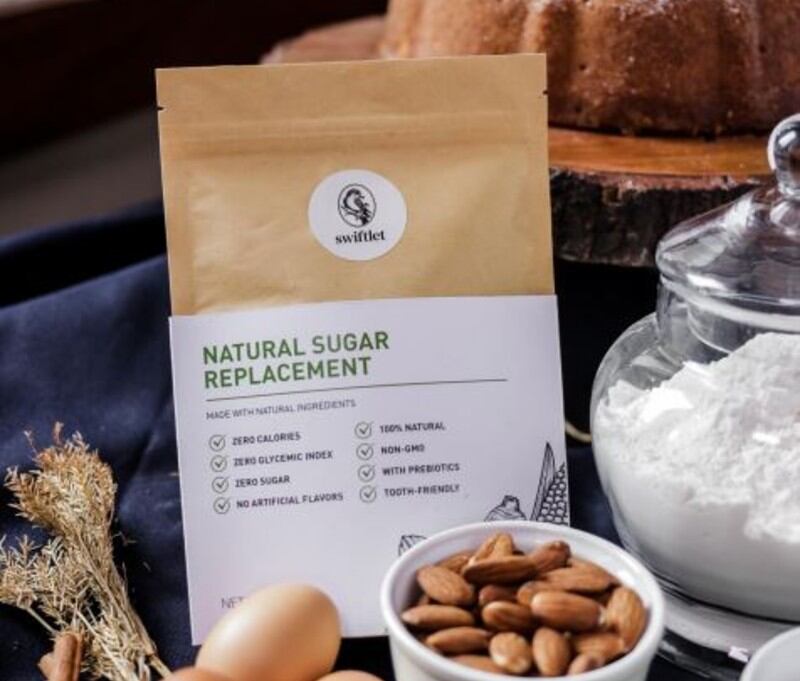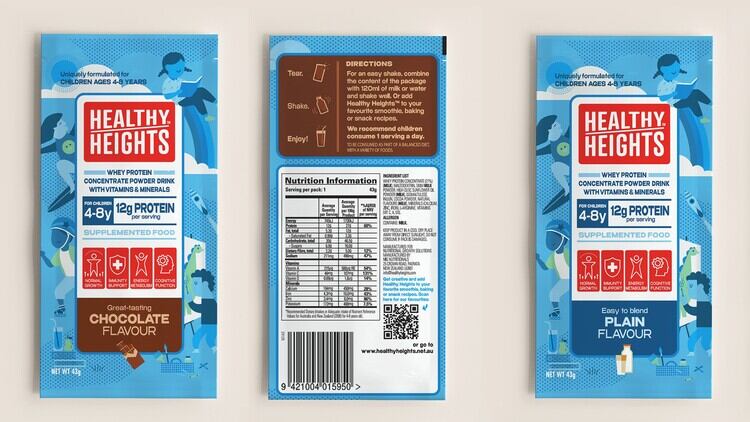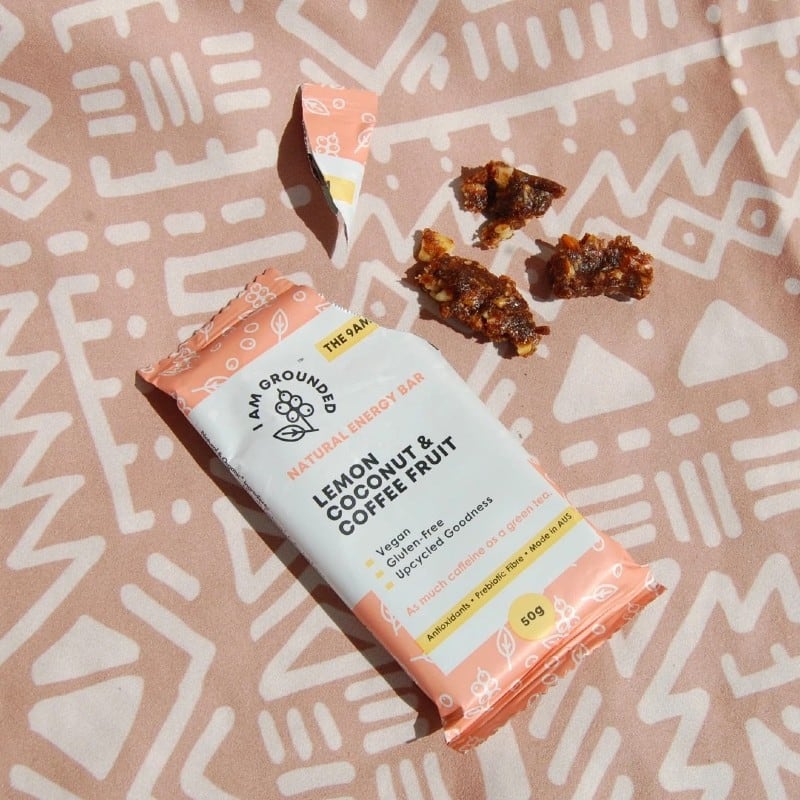Dairy-free decadence: Can plant-based chocolate crack APAC amid looming labelling challenges?
Experts say that plant-based chocolate needs to overcome taste challenges and offer localised products if it is to achieve significant growth in APAC, especially with potential labelling and regulatory hurdles looming on the horizon.
The vegan and plant-based food and beverage industry within the APAC region is growing at a rapid rate, especially sectors such as plant-based dairy and plant-based meats - but the plant-based chocolates sector in particular has yet to take off in as big a way as these.
In this edition of our FNA InnovATE series, experts from within the industry share their exclusive insights on the key requirements for the sector to achieve its own boom in the region, as well as potential challenges that still need to be overcome.
‘Winning strategy’: Why hybrid meat / plant protein products can help overcome taste and texture challenges
Hybrid products containing both animal and plant proteins are offering manufacturers the chance to overcome taste and texture challenges, while simultaneously tapping into the large number of consumers who are eager to learn about alternative proteins.
Plant-based foods and beverages are continuously rising in appeal in the Asian region. And according to data from Kerry’s recent protein-focused report The Protein Mindset, many plant protein sources hold strong market potential due to positive associations with health and nutrition.
“Emerging plant-based food and beverage products have grown significantly in consumer appeal in Asia, where 75% of consumers regard plant protein as a more sustainable source and associate it with better quality and being more nutritious,” Strategic Marketing Director, Applied Health and Nutrition, Kerry Asia Pacific, Middle East and Africa Jackie Ng said.
Funding ‘massive impact’: Plant-based, cell-cultured and fermentation tech sectors to benefit from new APAC fund
A new APAC-focused investment fund says it can create a ‘massive impact’ by supporting firms targeting large-scale animal-based industries, including plant-based, cell-cultured and fermentation outfits.
The new investment fund is dubbed Better Bite Ventures, which recently announced the initial 10 companies in its portfolio which will benefit from its US$15mn fund. Of these, four are cell-cultured firms, three are plant-based and two use fermentation technology, signifying the fund’s aim to cover all the bases.
“We will be investing in 20 to 30 start-ups overall for this fund, and these initial 10 companies in the portfolios [are a good representation of what we want to do] as they come from various geographies and technology approaches, [all of which] we believe has the potential to transform the food system for the better,” Better Bites Ventures General Partner Michal Klar told FoodNavigator-Asia.
Plant-based 3D printing: China and Australia identified as key markets for new Wagyu launch
Hong Kong 3D food printing firm Alt Farm is eyeing China and Australia as its first key target markets, revealing it hopes to launch a prototype plant-based A5 Wagyu Beef product in the next 12 to 18 months.
Alt Farm is a spin-off from the Hong Kong University of Science and Technology (HKUST), and has developed a patented 3D food printing technology with a nozzle that enables it to print foods with specified textures, a considerable difference from conventional 3D printed foods that are usually gelatinous before any additional processing.
“Most of the 3D food printing technology currently available is focused on applications for the elderly to produce soft foods that can be swallowed easily, or to be used with chocolate to personalize shapes – our technology is nothing like that, the target for us is to make regular food using 3D printing,” Alt Farm Managing Director Kenny Fung told FoodNavigator-Asia.
‘Fashion-forward’ female favourite: China’s Yeyo plans plant-based innovation drive to target core audience
China’s first coconut yoghurt brand Yeyo has plans to bolster its product portfolio with more innovations targeting its core audience of ‘fashion-forward’ female consumers, banking on its successful nationwide retail expansion and recent US$1.2mn funding boost.
When we spoke to Yeyo in July last year, the firm had just launched its Tmall flagship store with a focus on brand building in the China market, with no offline stores to speak of. Less than a year on, it now has offline presence in about 200 stores nationwide, including retailers such as MUJI and BHG.
“We have presence in most of the high-end supermarkets and will also be in ALDI stores soon, and it won’t be long before we hit the mass market retailers as well,” Christiana Zhu, Co-Founder and CEO of Yeyo’s mother company Marvelous Foods, told FoodNavigator-Asia.





